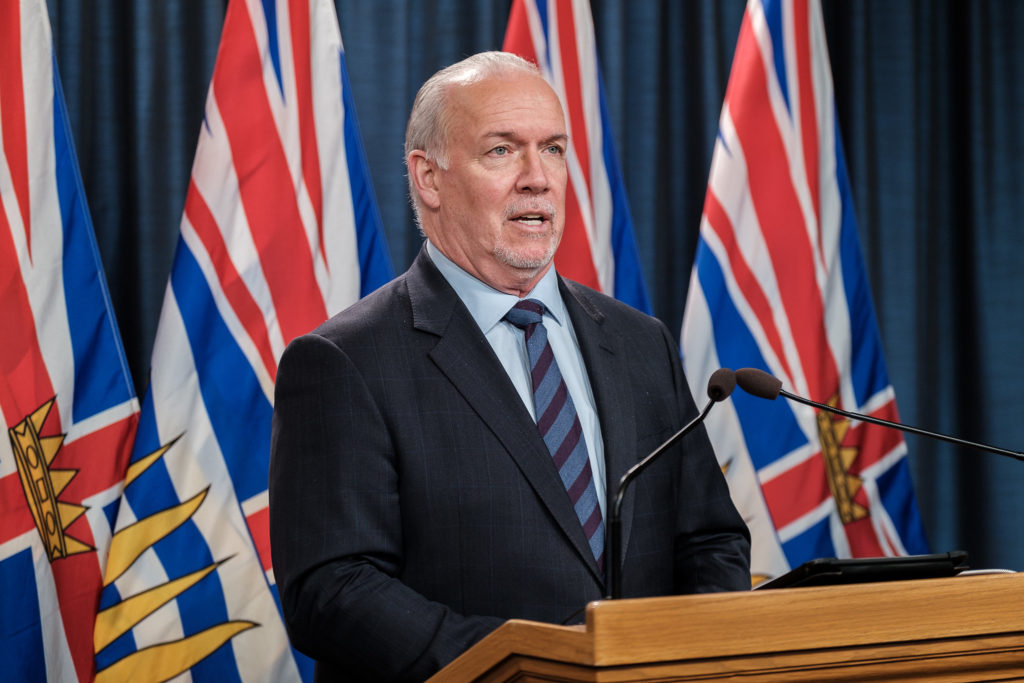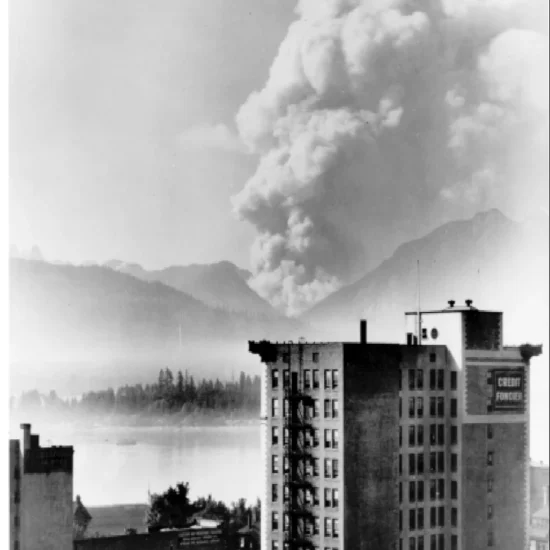
Bob Mackin
Sixteen people died from heat-related illness in British Columbia during the summer of 2022’s longest heat wave so far, according to preliminary figures released by the B.C. Coroners Service.
The total covers the period of July 26 to Aug. 3. The worst day for fatalities was July 29, with five deaths recorded.

B.C. Coroners Service
By comparison, the B.C. Coroners Service confirmed 619 people died in the worst natural disaster in Canadian history, B.C.’s June 25-July 1, 2021 heat dome.
“The data are considered preliminary and subject to change as coroners’ investigations conclude,” said the Aug. 9 report. “These data were compiled by Coroner notification date, which may differ from the date of injury.”
Half the 16 deaths occurred in the Fraser Health region and six in Interior Health. Only one each have been recorded so far in Vancouver Coastal and Island Health.
Six of the deaths were in the 70-to-78-year-old age bracket. There were two each in the 40-49 and 50-59 age groups, three in 60-69 and three 80 and above.
Vancouver Police and Surrey RCMP said they saw no noticeable uptick in general sudden death calls between July 26-Aug. 1. There were 28 calls in Vancouver, higher than the seven-day average of 23, and 14 in Surrey. Neither police department was able to say how many were heat-related and referred questions to the coroner.
Environment Canada issued heat warnings for most of the province on July 25 lasting through Aug. 1. Many areas saw temperatures 10 degrees Celsius higher than normal and daily records fell throughout the Interior, Lower Mainland and on Vancouver Island.
The heat wave was less-severe than the record-breaking heat dome of late June 2021, when Lytton set a new Canadian record of 49.6 Celsius.
This time, there was a greater emphasis on preventive messaging from provincial and municipal authorities.
A June report from the Coroners Service found the NDP government and municipalities did not do enough to warn the public of the 2021 heat dome event. It cited a lag between Environment Canada’s official heat alerts and the response of public agencies.

Premier John Horgan, April 19 (BC Gov)
More than 800 deaths were investigated, and 619 were deemed to be heat-related — 98% of which happened indoors. Most victims lacked access to cooler buildings or air conditioned spaces and many were older adults with chronic physical or mental health conditions.
The report did not include a timeline, but the first Environment Canada alert came June 23, 2021 with an ominous warning of record-breaking heat and the elevated potential for heat-related illnesses. Neither the Ministry of Health nor the Ministry of Public Safety and Solicitor General called a news conference or issued a warning in 2021. They left it to regional districts and municipalities.
Records released under freedom of information show public health officials waited until the afternoon of June 25, 2021 to declare an extreme heat alert, but the official public bulletin was delayed in the bureaucracy for almost three hours.
Premier John Horgan came under heavy criticism for telling reporters on June 29, 2021 that the public bore a level of personal responsibility for the disaster and “fatalities are a part of life.”
Although the coroner’s report called the 2021 heat wave “unprecedented,” newspapers in 1925 reported on a similar heat dome during the same days after the summer solstice up and down the west coast. It contributed to wildfires, including one that burned most of the summer in the Capilano watershed.
Support theBreaker.news for as low as $2 a month on Patreon. Find out how. Click here.











